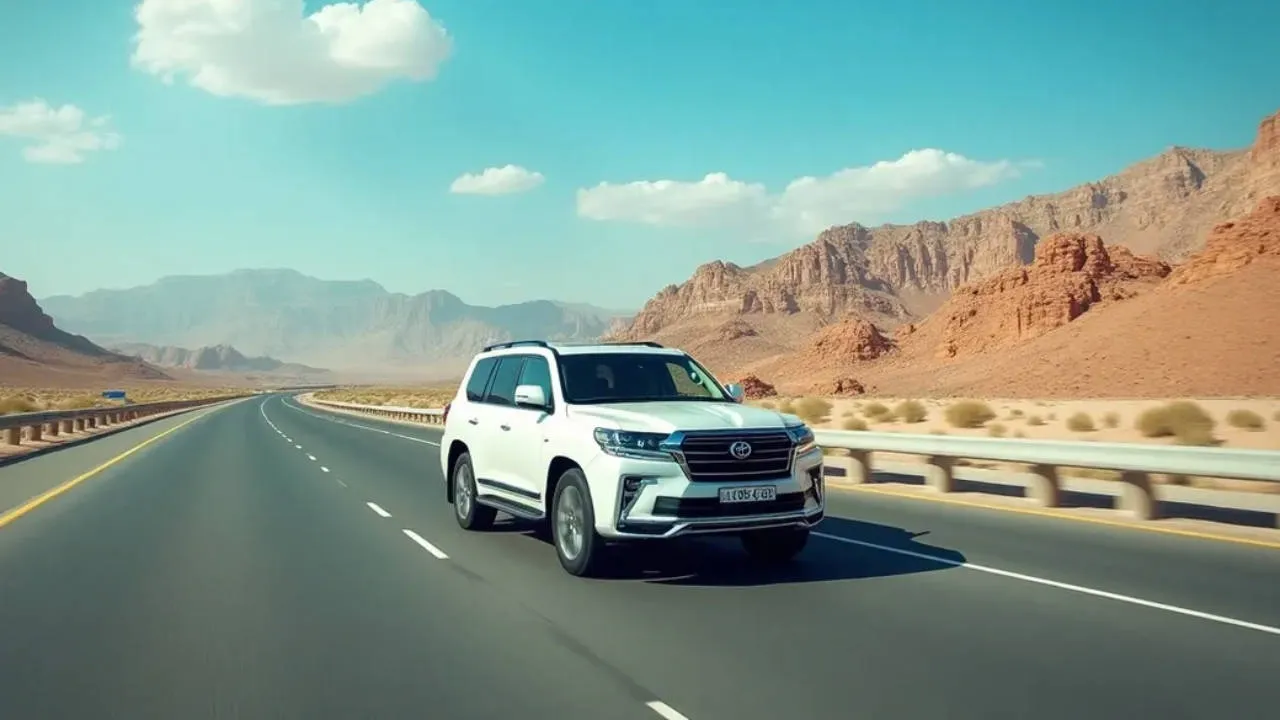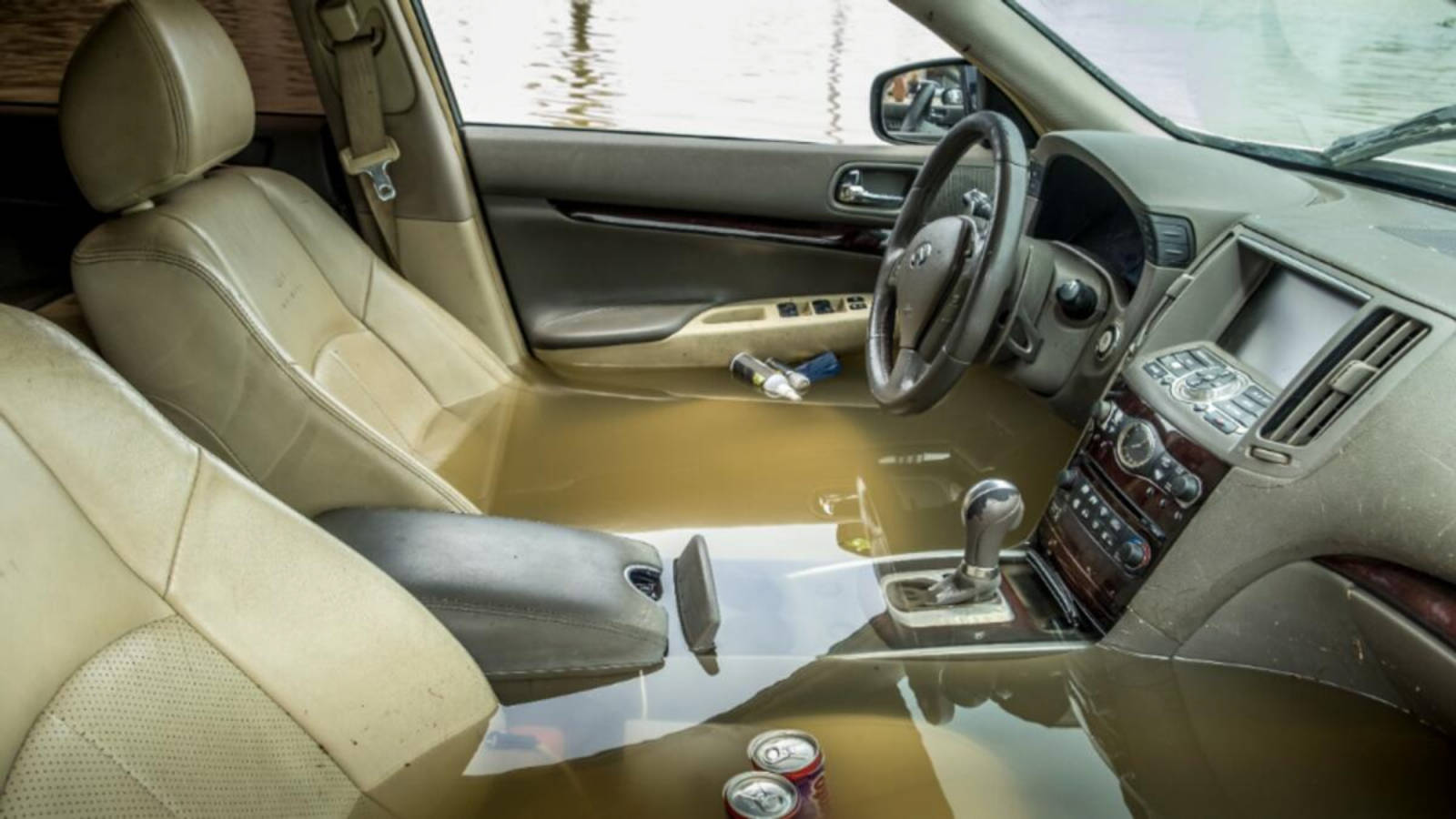How Do Dashcams Help Your Car Insurance Claim? A Comprehensive Guide To Easy Insurance Claims
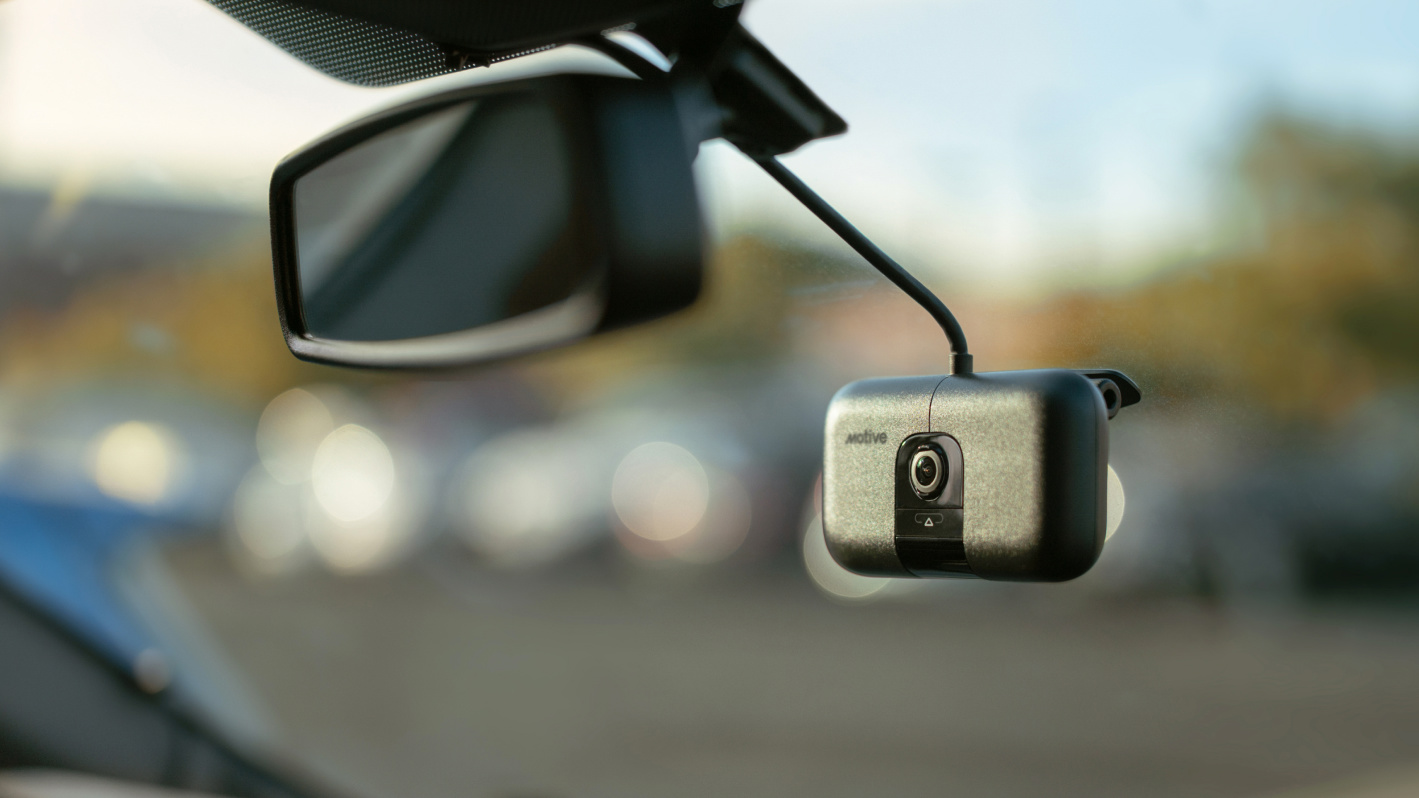
Dashcams have revolutionized the way car accidents are documented and understood, becoming an invaluable tool for both drivers and insurance companies. These compact devices mounted on vehicle dashboards or windshields, capture real-time footage of the road ahead, providing an unbiased and comprehensive account of incidents. Before we understand the dashcams and how it can help insurance claims, we will first look at what a dashcam is.
What Is A Dashcam?
A dashcam, short for dashboard camera, is a small video recording device typically mounted on a vehicle’s dashboard or windshield to capture footage of the road and surroundings while driving. These devices are equipped with cameras that record in real-time, capturing both video and sometimes audio data.
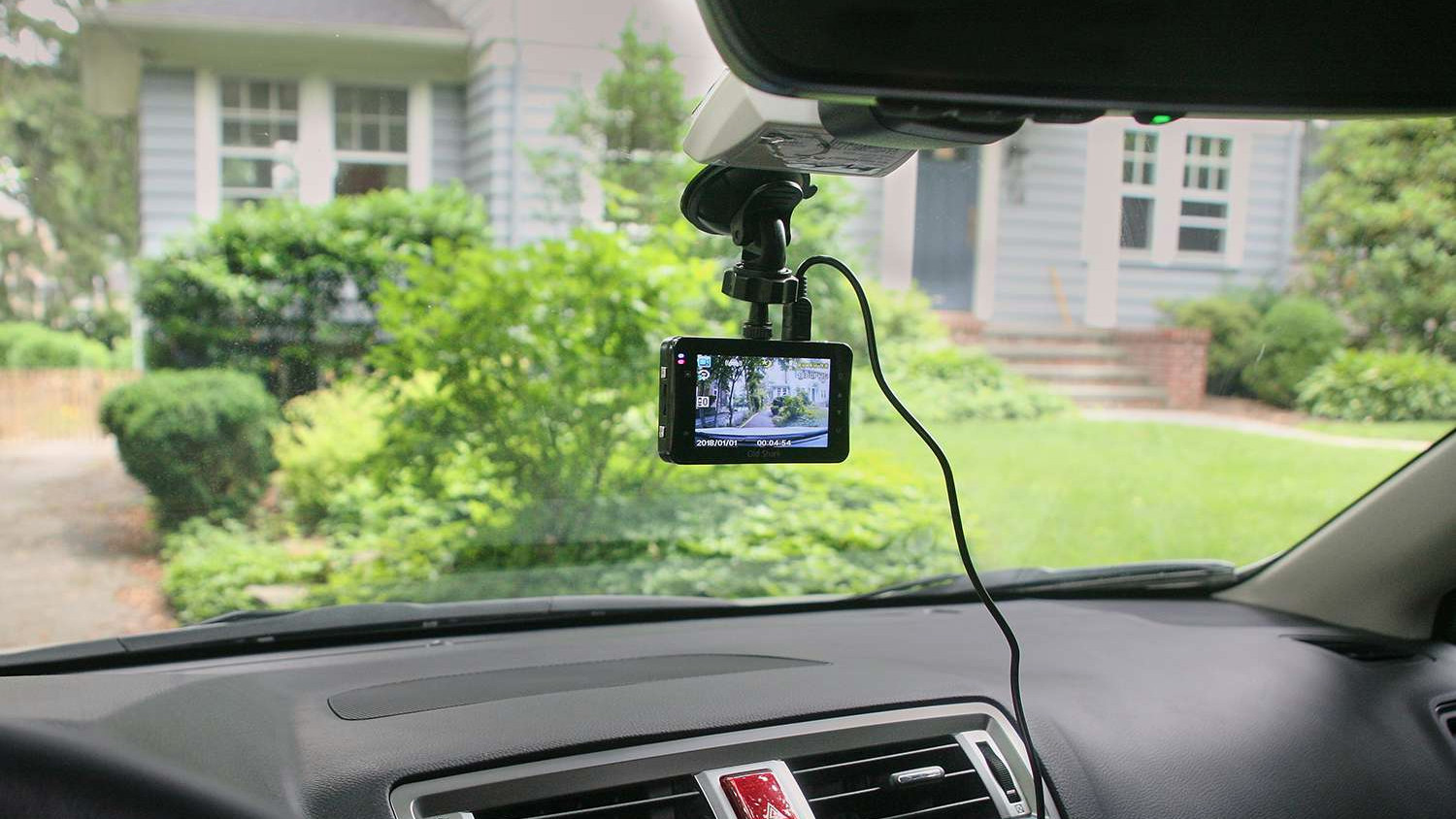
Dashcams can range in features and capabilities, but their primary purpose is to provide a continuous and objective record of events occurring both inside and outside the vehicle. This footage can prove to be valuable in various situations, including documenting accidents, proving fault, preventing insurance fraud, and even recording scenic drives.
Different Types Of Dashcams?
Single-Lens Dashcam:
These are the most basic type of dashcam, equipped with a single camera lens that records the road ahead. They are simple to install and use, and they provide a clear view of the road and any incidents that may occur.
Dual-Lens Dashcam:
These dashcams come with two camera lenses – one facing forward to capture the road and another facing inward to record the interior of the vehicle. Dual-lens dashcams are useful for capturing both external events like accidents and internal events like interactions with passengers or incidents within the vehicle.
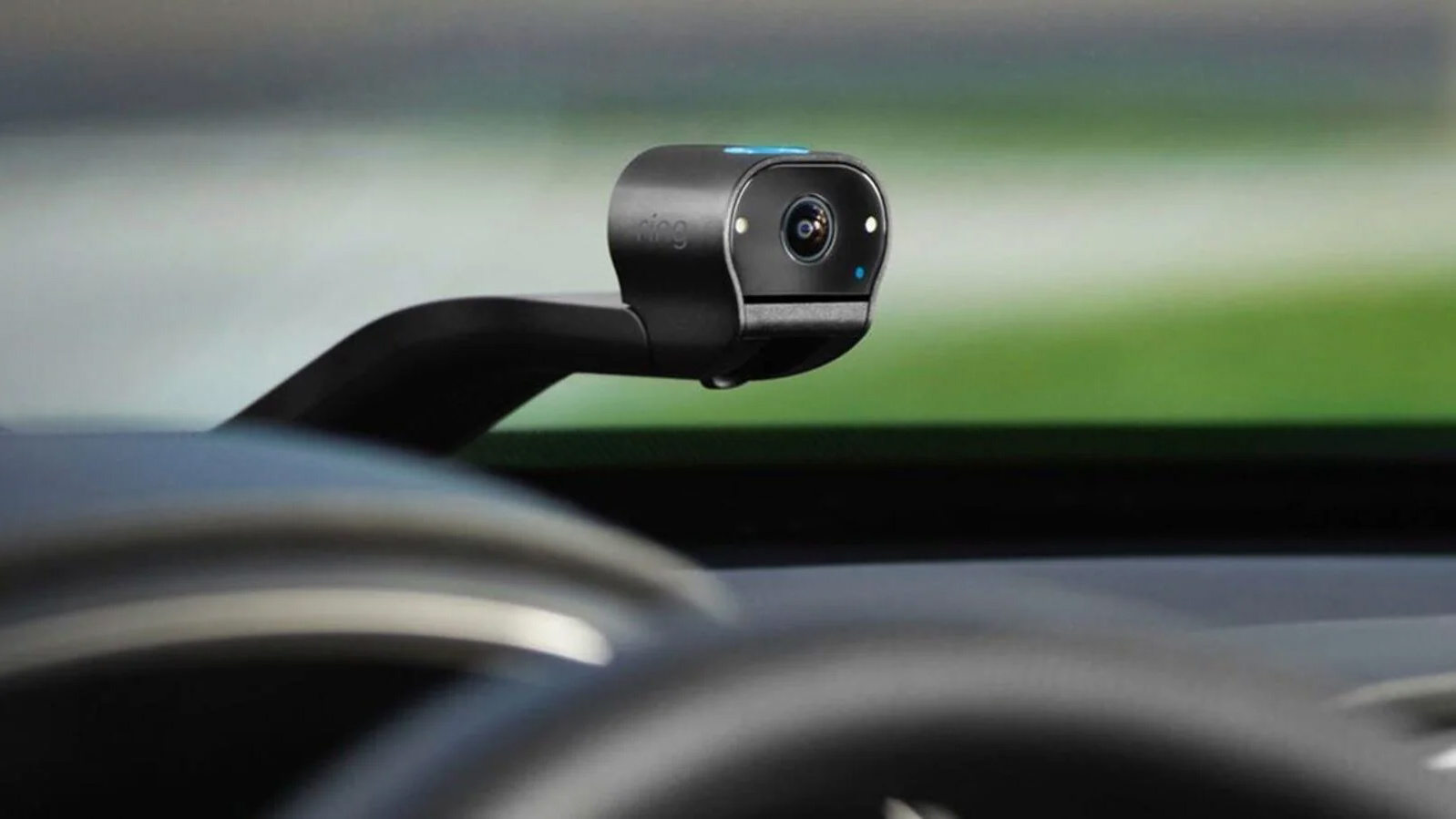
Front and Rear Dashcam:
Similar to dual-lens dashcams, these devices consist of one camera facing forward and another facing backwards. This setup allows for recording both the front and rear views of the vehicle simultaneously, which can be especially helpful in hit-and-run scenarios or rear-end collisions.
360-Degree Dashcam:
These advanced dashcams feature multiple lenses that provide a complete panoramic view of the vehicle’s surroundings. They can record footage from all angles, offering comprehensive coverage and reducing blind spots.
Dashcam Features
- Video Recording Resolutions: 720p, 1080p, 2K, 4K
- Loop Recording: Automatically overwrites the oldest footage when storage is full.
- G-Sensor: Detects sudden impacts or collisions and locks the recorded video to prevent overwriting.
- GPS Tracking: Records location, speed, and route data along with video.
- Parking Mode: Monitors the vehicle when parked, recording upon detecting motion or impact.
- Wi-Fi Connectivity: Allows wireless transfer of footage to smartphones or computers.
- Mobile App: Companion app for remote viewing, settings configuration, and downloading footage.
- LCD Screen: Built-in screen for real-time video playback and menu navigation.
- Motion Detection: Starts recording when motion is detected even when the vehicle is parked.
- Voice Control: Allows basic commands without needing to touch the device.
- Night Vision: Improved recording in low-light or nighttime conditions.
- Cloud Connectivity: Syncs footage to a cloud storage service for remote access and backup.
- Emergency Button: Manually triggers the locking of the current video segment as important footage.
Features will depend on the type of dashcam and its price. Night Vision, 360-degree view and 4K recording are some of the features found on high-end dashcams.
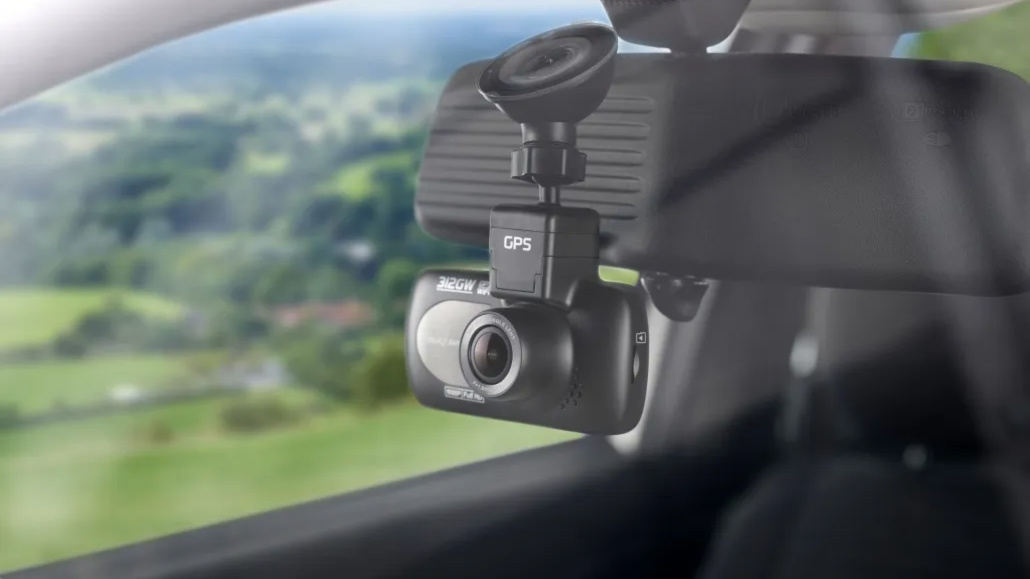
Does A Dashcam Help With Insurance?
Yes, a dashcam can indeed be helpful when it comes to dealing with insurance matters. Here are some ways in which a dashcam can assist with insurance-related situations:
Accident Documentation:
In the event of a car accident, a dashcam can provide clear and unbiased video evidence of what transpired. This footage can be crucial for determining fault and liability, as it offers an objective record of the incident from the driver’s perspective.
Preventing Insurance Fraud:
Dashcams can help protect drivers from fraudulent claims. In situations where other parties may try to stage accidents or manipulate the facts, the recorded footage can expose any attempts at insurance fraud.
Swift Claim Resolution:
Dashcam footage can speed up the claims process by providing immediate access to visual evidence. This can help insurers assess the situation more accurately and expedite the resolution of claims.
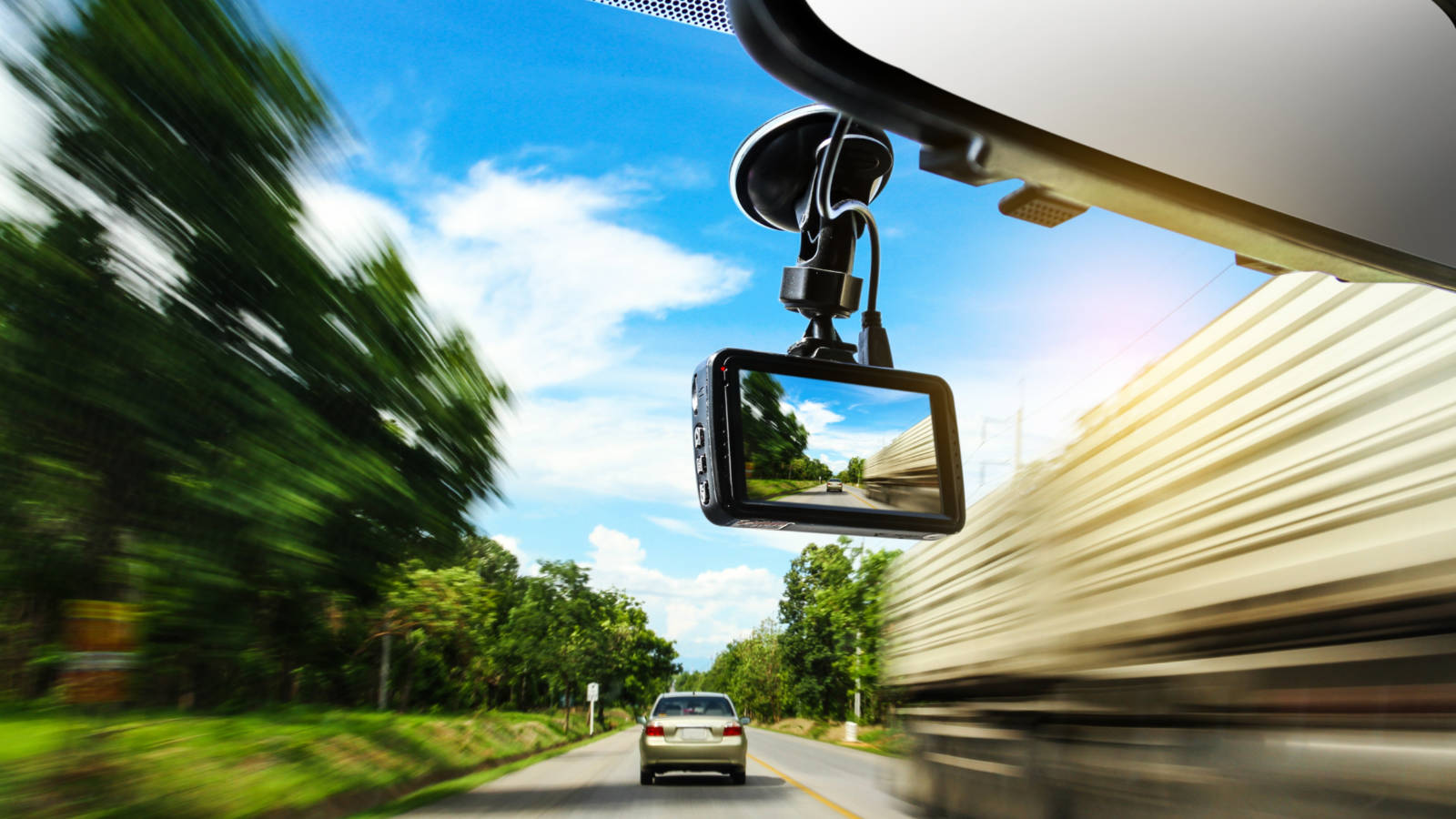
Reducing Disputes:
The objective video evidence from a dashcam can reduce disagreements and disputes between drivers involved in an accident. It provides a clear account of what happened, minimizing confusion and differing accounts of the incident.
Verifying Events:
Dashcam footage can help verify events that might have occurred while the vehicle was unattended, such as hit-and-run incidents or vandalism. This can be useful when filing claims for such occurrences.
Premium Discounts:
Some insurance companies offer discounts to drivers who have a dashcam installed in their vehicles. This is because dashcams can contribute to safer driving habits and reduce the frequency of claims.
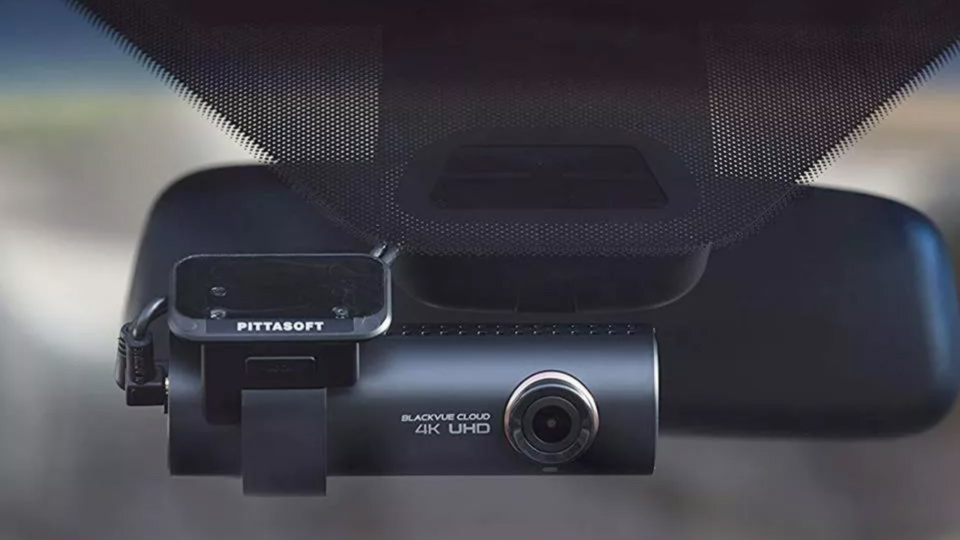
Can Insurance Claims Become Easier With Dashcam?
In the realm of insurance claims, dashcams have emerged as game-changers, offering clear-cut evidence that can help streamline the claims process, expedite resolutions, and ensure fair outcomes for all parties involved.
Clear & Objective Evidence:
Dashcam footage provides an unbiased and accurate visual record of what happened during an incident. This eliminates uncertainties and disputes about the sequence of events, contributing to a faster claims resolution.
Faster Claims Processing:
With readily available video evidence, insurance adjusters can quickly assess the situation and make informed decisions. This speeds up the claims process, reducing the time you need to wait for a resolution.
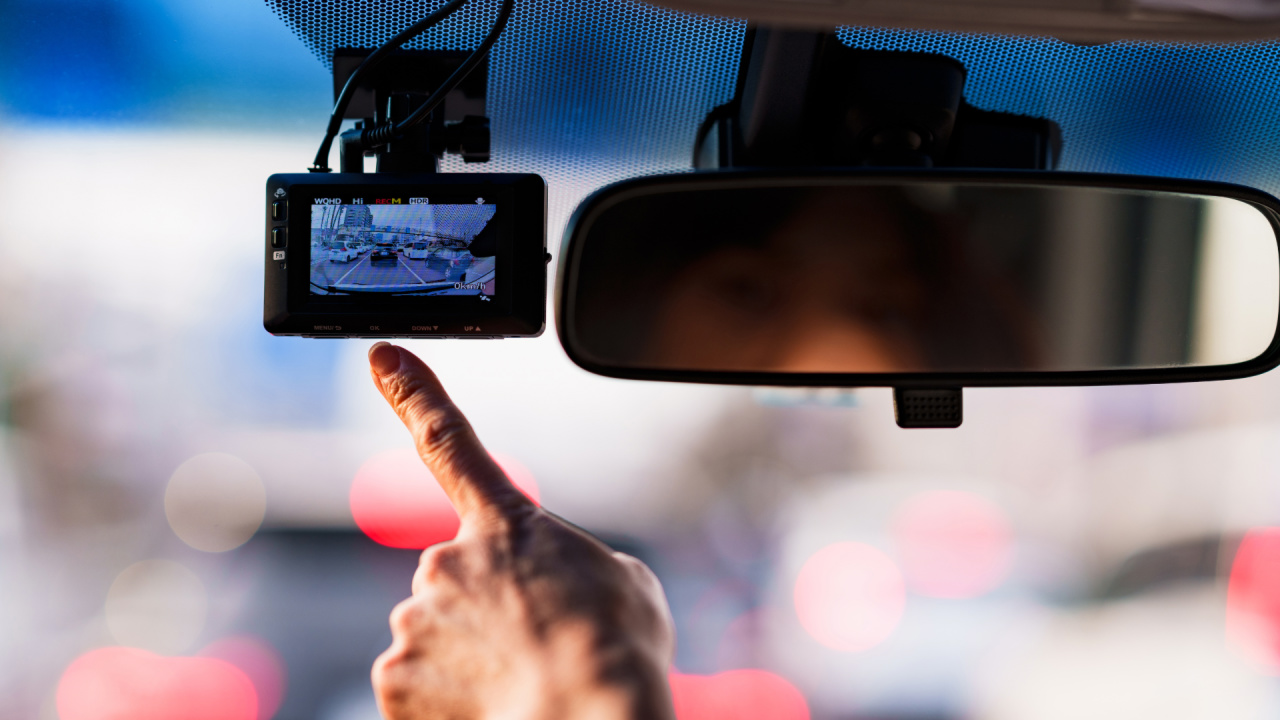
Reduced Need For Investigations:
Since dashcam footage can provide a comprehensive view of an accident, there’s often less need for extensive investigations, interviews, and multiple parties’ statements. This can save time and resources for both you and the insurance company.
Minimized Disputes:
The objective nature of dashcam footage can prevent disagreements and disputes between drivers involved in an accident. This helps in achieving a fair and accurate resolution without extended negotiations.
Evidence Preservation:
Dashcam footage preserves crucial evidence that might otherwise be lost due to fading memories or incomplete recollections. This is particularly valuable if there are delays between the incident and the claim filing.
Remote Claims Handling:
With cloud-connected dashcams, you can remotely access and share footage with your insurance company. This is especially helpful for situations where you’re unable to physically visit their office immediately.
This should answer all your questions about the dashcam and easier insurance claims.
Check out used cars for sale in the UAE and new cars for sale in the UAE.



